Inversion Space, a pioneering startup in logistics, has introduced its ARC spacecraft, a reusable orbital capsule designed to deliver cargo anywhere on Earth within an hour. By launching from low-Earth orbit warehouses, the company aims to revolutionize global supply chains, reducing delivery times from days to under 60 minutes for packages up to 500 kg. Initial testing is set for 2025, leveraging reusable rocket technology to make rapid, point-to-point deliveries feasible without relying on traditional air or sea routes. This ambitious project could transform how goods are transported globally, offering unprecedented speed and efficiency.
The ARC Spacecraft: Design and Capabilities
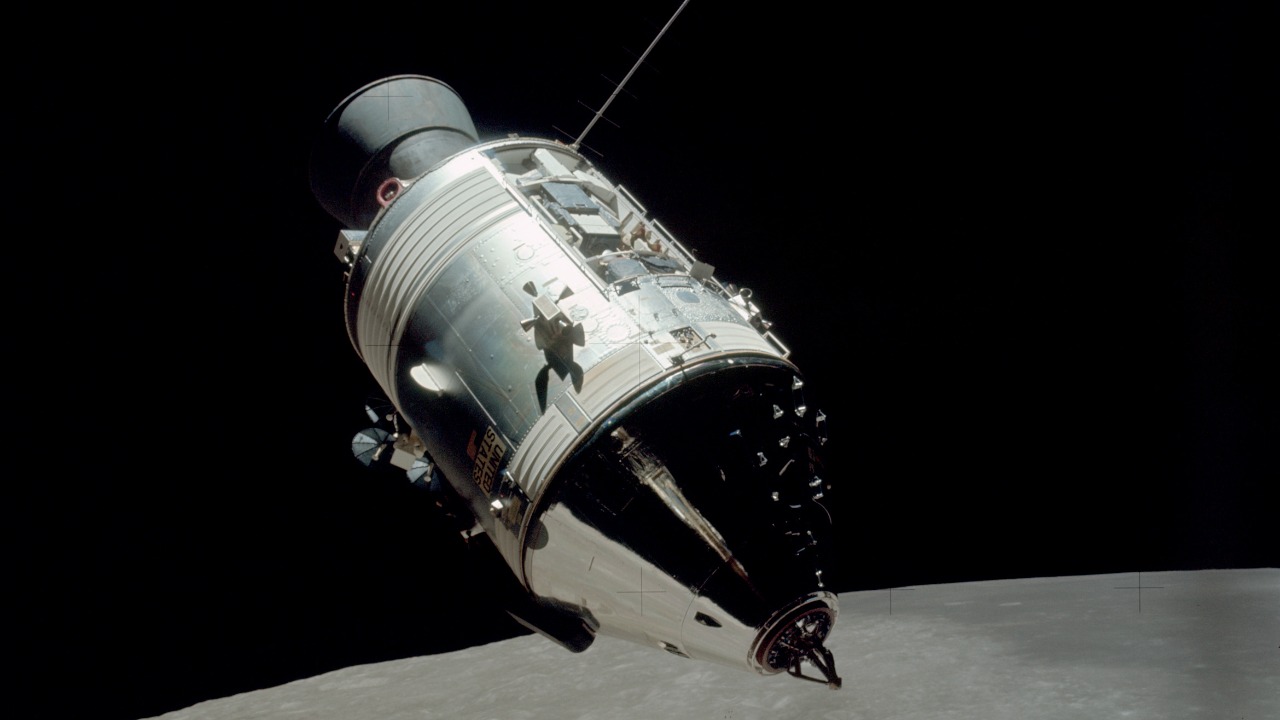
The ARC spacecraft is a compact, reusable capsule measuring 3 meters in diameter, capable of carrying payloads up to 500 kg. It is engineered with heat-resistant ablative shielding to ensure safe re-entry at speeds exceeding 7 km/s. This design is crucial for maintaining the integrity of the cargo during the intense heat and pressure of re-entry, a key factor in achieving the rapid delivery times promised by Inversion Space. The spacecraft’s robust construction and advanced materials highlight the technological advancements driving this initiative [source].
Equipped with autonomous navigation systems powered by AI-driven thrusters, the ARC can perform precise de-orbit burns to target landing zones within a 100 km radius of any global location. This capability allows for pinpoint accuracy in deliveries, a critical feature for meeting the high expectations of e-commerce giants and other stakeholders. Elias Thorne, the founder of Inversion Space, emphasized that “ARC will make the world smaller by compressing time and distance in logistics,” underscoring its potential impact on industries reliant on fast shipping [source].
Orbital Warehouses: The Backbone of Rapid Delivery
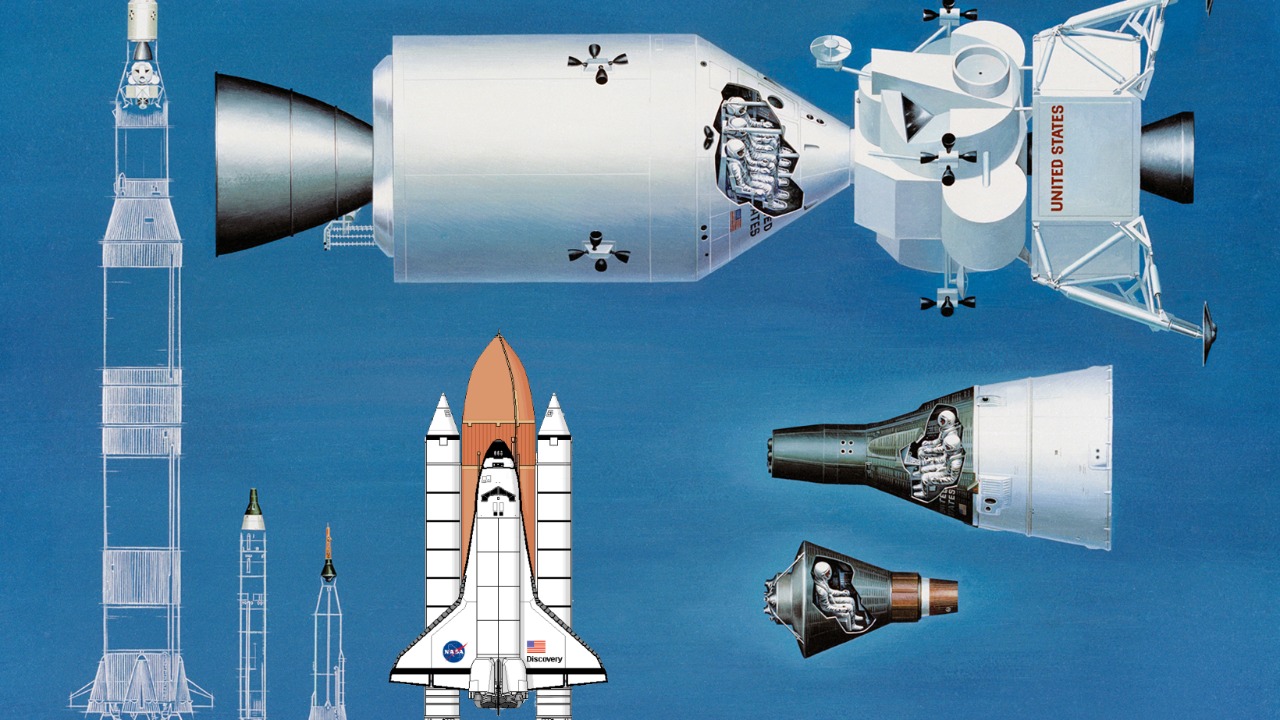
Inversion Space plans to deploy modular orbital depots in low-Earth orbit at altitudes of 400-500 km. These warehouses will be stocked via frequent resupply missions from ground-based launch sites in Florida and California. The strategic placement of these depots is designed to optimize the logistics chain, ensuring that the ARC capsules can be loaded and dispatched quickly to meet the one-hour delivery target. This innovative approach to inventory management could redefine supply chain efficiency [source].
Each warehouse module will utilize robotic arms for inventory management, supporting up to 10,000 packages per module. This automation enables just-in-time loading for ARC capsules, minimizing delays and maximizing throughput. The initial prototypes of these warehouses are slated for launch aboard SpaceX Falcon 9 rockets in late 2024, with full operational capacity targeted for 2026. This timeline reflects Inversion Space’s commitment to rapidly scaling its operations to meet growing demand [source].
Operational Workflow: From Order to Delivery
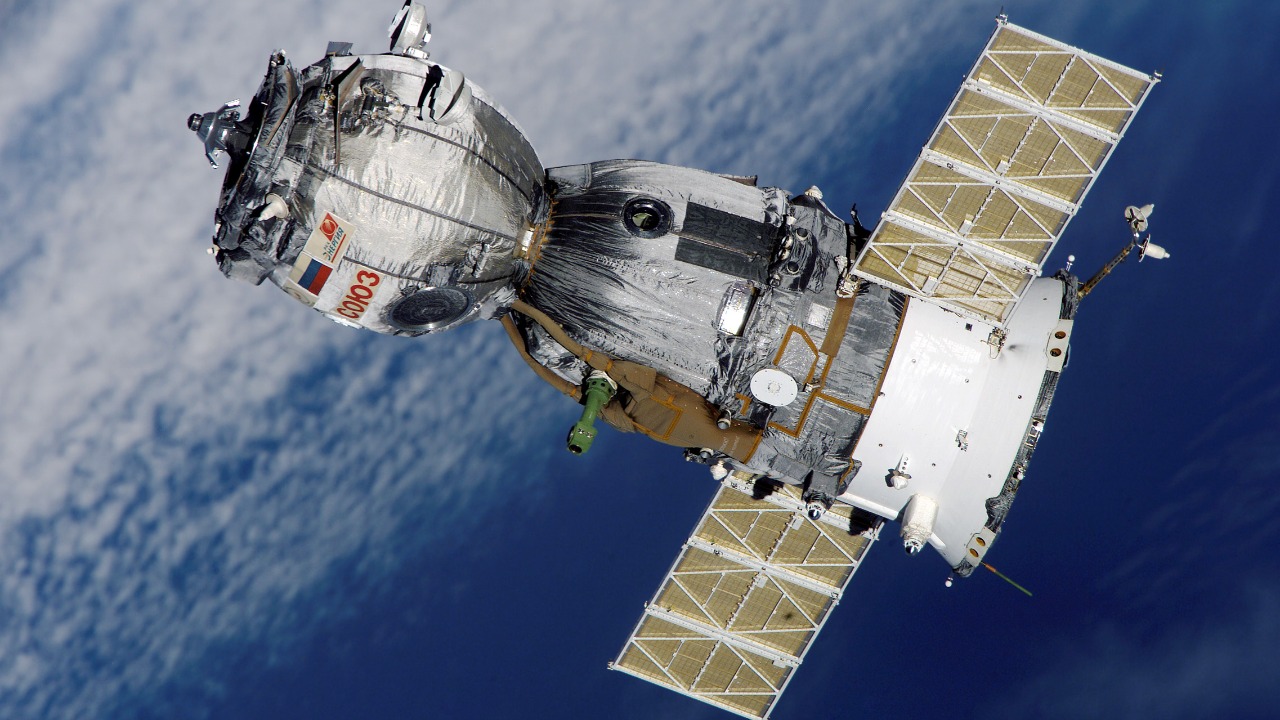
Customer orders are processed through Inversion’s app, which selects the nearest orbital warehouse and dispatches an ARC capsule within 15 minutes of confirmation. This streamlined process ensures that packages can achieve touchdown in under 45 minutes total, a remarkable feat in logistics. The integration of advanced technology in the ordering and dispatch system is a testament to Inversion Space’s innovative approach to solving logistical challenges [source].
Upon landing, packages are retrieved by autonomous drones or local partners at designated soft touchdown sites, such as urban vertiports in cities like New York, London, and Mumbai. This final step in the delivery process ensures that goods reach their final destination quickly and efficiently. The system prioritizes high-value items like medical supplies, with simulations conducted in Austin, Texas, reporting a 99% on-time delivery rate. This focus on reliability and precision is crucial for gaining the trust of potential clients and partners [source].
Challenges and Regulatory Hurdles
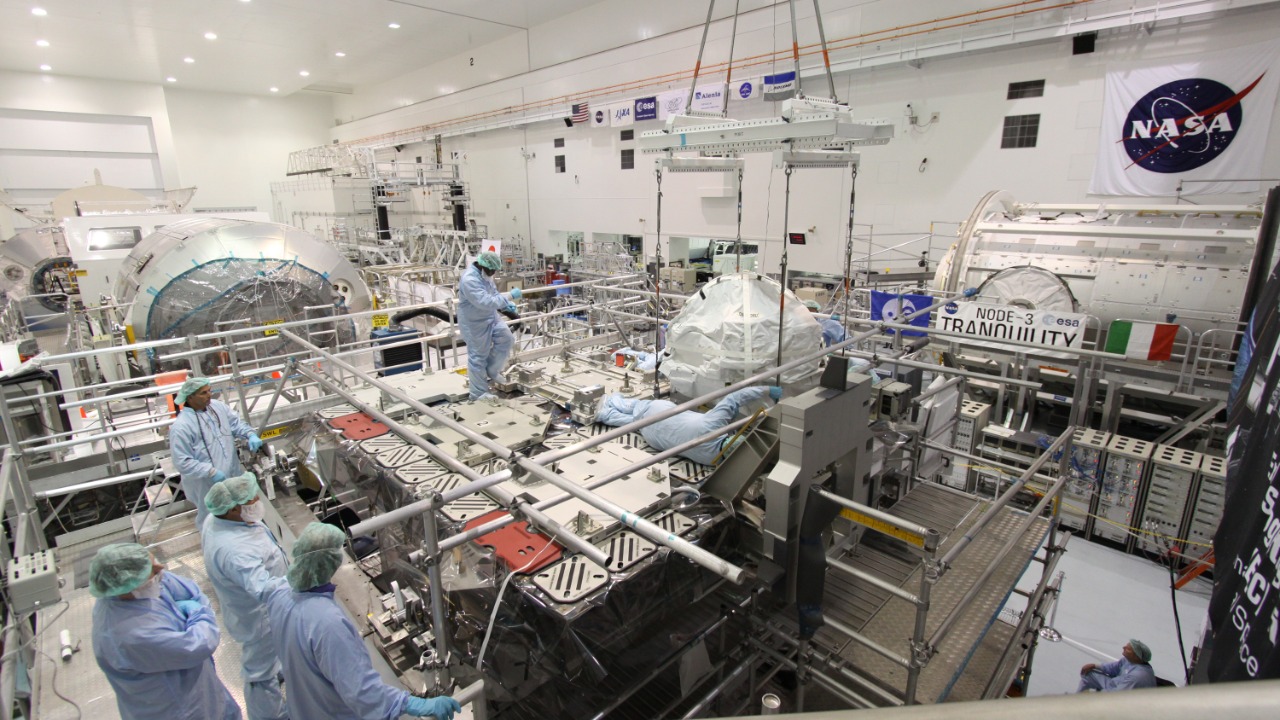
Securing FAA and international airspace approvals for re-entry corridors remains a significant obstacle for Inversion Space. The company has been engaging with regulators in Washington D.C. since early 2023 to address these challenges. Navigating the complex regulatory landscape is essential for ensuring the safe and legal operation of the ARC spacecraft, which is critical for the project’s long-term success [source].
Environmental concerns, particularly regarding space debris mitigation, are also being addressed. The ARC’s de-orbit propulsion system ensures 100% burnout of capsules after 50 missions, minimizing the risk of contributing to space debris. This commitment to sustainability is vital for maintaining public support and meeting international environmental standards. Cost projections estimate $500 per delivery initially, with the potential to drop to $100 by 2030 through economies of scale. However, critics question the scalability of this model for non-urban areas, highlighting the need for further innovation and adaptation [source].
Future Implications for Global Logistics
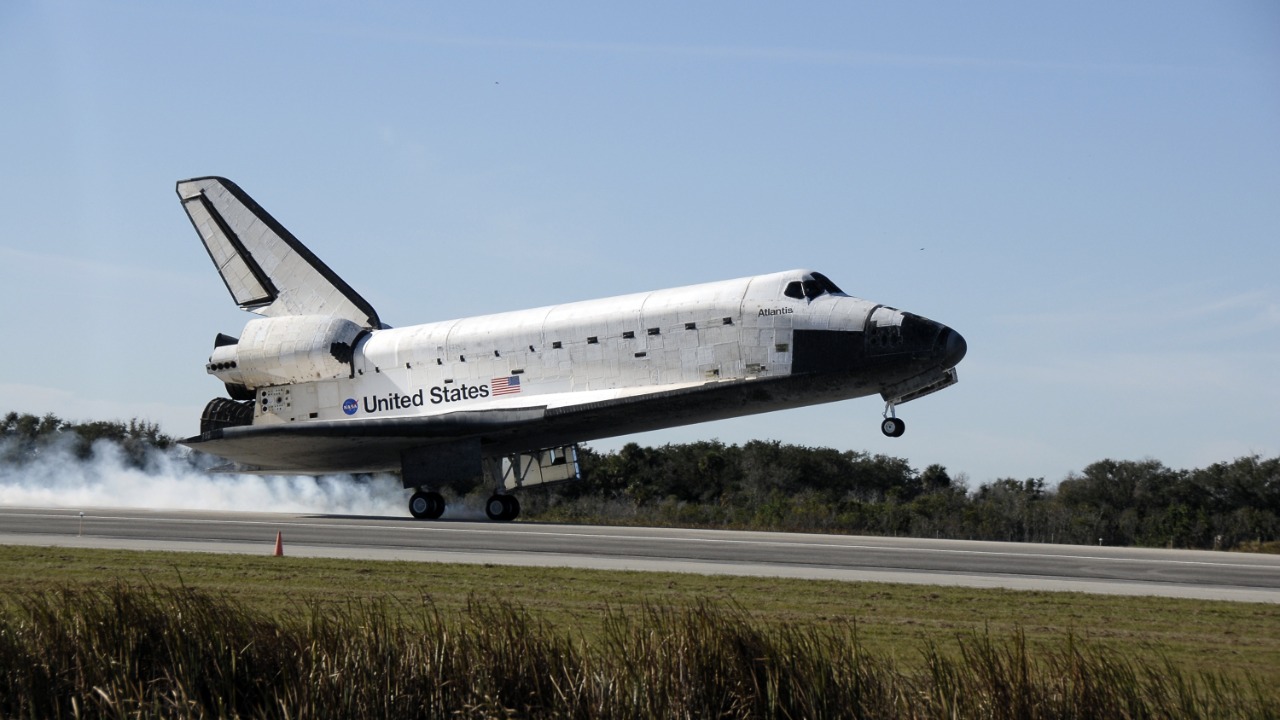
Inversion Space is in discussions with major logistics companies like FedEx and DHL to integrate the ARC into existing networks. This collaboration could enable the handling of up to 1 million deliveries annually by 2028, significantly enhancing the capacity and reach of these global logistics giants. The potential for such partnerships underscores the transformative impact of Inversion Space’s technology on the logistics industry [source].
While the technology could eventually extend to passenger transport variants, Inversion Space CEO Maria Voss emphasized a cargo-first rollout to build reliability. This strategic focus on cargo allows the company to refine its systems and processes before expanding into more complex applications. Economic modeling suggests a $2 trillion market opportunity by disrupting 20% of the $10 trillion global logistics industry. This potential market impact highlights the significant economic stakes involved and the transformative potential of Inversion Space’s innovations [source].